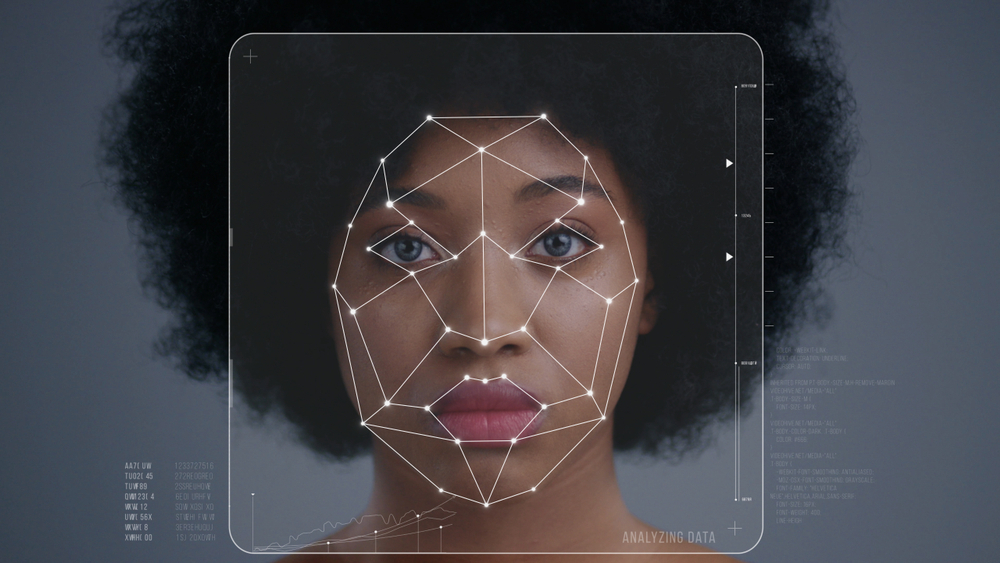The British government recently announced a new partnership with OpenAI, the creator of ChatGPT.
Announced in an official statement yesterday, the collaboration is meant to boost the United Kingdom’s AI infrastructure. With their partnership, the government is attempting to increase “economic growth” in the country. The funds will also be used to expand on the nation’s AI security research, focusing on defence, security and justice. Data centres are also expected to be expanded as the partnership promises increased support to U.K. businesses, developers and start-ups.
Approximately 1 billion pounds will be devoted to A.I. investment in the U.K. as they attempt to reach the level of A.I. development that the U.S., China and India have reached in the span of 20 years.
“AI will be fundamental in driving the change we need to see across the country – whether that’s in fixing the NHS, breaking down barriers to opportunity or driving economic growth,” said the Technology Secretary, Peter Kyle, per a statement. “That’s why we need to make sure Britain is front and centre when it comes to developing and deploying AI, so we can make sure it works for us.
“This partnership will see more of their work taking place in the UK, creating high-paid tech jobs, driving investment in infrastructure, and crucially giving our country agency over how this world-changing technology moves forward,” he added.
As the usage of AI continues to expand, multiple environmentalists and research centers have emphasized the detrimental impact the new technology can have on Black and other BIPOC communities.
Per MIT News, A.I. requires a substantial amount of electricity, leading to a boost in carbon dioxide emissions, more pressure on electric grids and a great amount of stress on water resources to allow the machines to cool down.
Black and BIPOC communities are most affected as data centers are often located in these communities and they are already most often to be burdened with air pollution, worse outcomes during climate crises and higher costs of energy.
A.I. has also been linked with concerns of racial bias in the U.K.. Earlier this year, an Amnesty report revealed that 33 AI tools used by police forces exhibited racial bias, consistently targeting Black citizens when predictive tools were used.
“These systems are, in effect, a modern method of racial profiling, reinforcing racism and discrimination in policing,” said the researchers of the report. “They also risk violations to people’s economic, social and cultural rights, such as the right to social security.”
Regardless of the concerns, A.I. usage is expected to expand. According to Forbes, approximately 378 million users are expected to utilize the new technology by the end of 2025. The overall A.I. market is expected to reach $244 billion.











